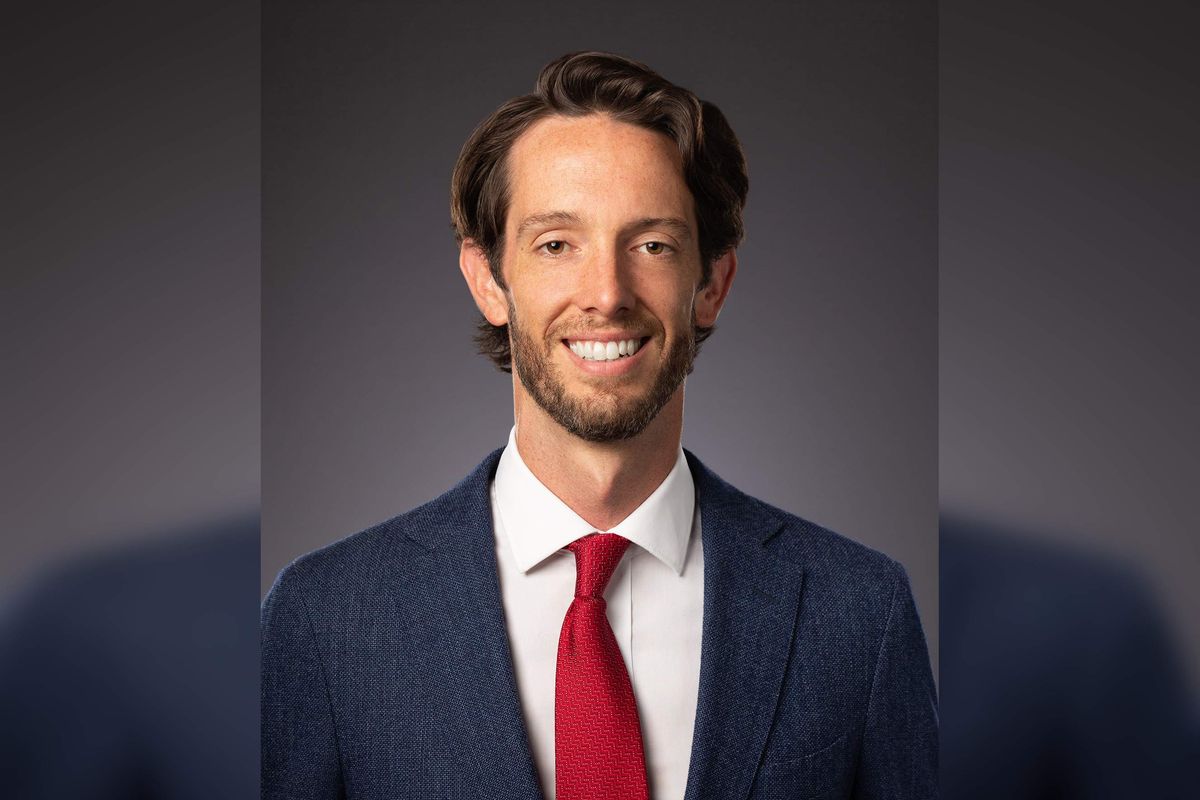what's trending
Energy transition cos. collaborate, SAF biz to expand in Houston, and more top news from the week
Editor's note: From Oxy's new sequestration partner to a podcast with a Houston electric vehicles leader, these are the top headlines that resonated with EnergyCapital readers on social media and daily newsletter this week.
Houston hydrogen company partners to test tech with O&G business

Dumore Enterprises will test and deploy HNO International's innovative Hydrogen Carbon Cleaner and hydrogen-diesel blending technology on Dumore's extensive fleet of vehicles and equipment. Photo via Getty Images
Houston-based hydrogen-focused clean energy technologies company HNO International Inc. has announced a partnership.
The company has teamed up with oilfield and industrial services provider Dumore Enterprises, which will aim to test and deploy HNO International's innovative Hydrogen Carbon Cleaner and hydrogen-diesel blending technology on Dumore's extensive fleet of vehicles and equipment, according to HNO.
"We are thrilled to partner with Dumore Enterprises to push the boundaries of hydrogen's potential in fuel systems," Chairman of HNO International Donald Owens says in a news release. Continue reading.
California SAF co. raises $3M, plans to open Houston lab

Unifuel’s technology consists of a series of chemical reactions that convert various sustainable materials into sustainable aviation fuels. Photo via Unifuel
Armed with a fresh $3 million round of seed funding, Los Altos, California-based Universal Fuel Technologies is establishing a lab in Houston for production of sustainable aviation fuel samples.
TO VC led the round, with participation from Alchemist Accelerator, Claire Technologies, and World Star Aviation.
Unifuel’s Flexiforming technology consists of a series of chemical reactions that convert various sustainable materials — such as ethanol, methanol, and liquified petroleum gas — into high-quality SAF that’s similar in chemical composition to traditional jet fuel. Continue reading.
Oxy, Enterprise Products Partners to collaborate on carbon dioxide pipeline system for Texas project

Under its deal with Occidental, pipeline company Enterprise Products Partners will create a carbon dioxide pipeline system for 1PointFive’s Bluebonnet Sequestration Hub. Photo via 1pointfive.com
Occidental Petroleum’s carbon capture, utilization, and sequestration (CCUS) subsidiary has tapped another Houston-based company to develop a carbon dioxide pipeline and transportation network for one of its CCUS hubs.
Under its deal with Occidental, pipeline company Enterprise Products Partners will create a carbon dioxide pipeline system for 1PointFive’s Bluebonnet Sequestration Hub, which will span more than 55,000 acres in Chambers, Liberty, and Jefferson counties. The hub will be able to hold about 1.2 billion metric tons of carbon dioxide. The new pipeline network will be co-located with existing pipelines. Continue reading.
Houston innovator drives EV adoption with unique approach to car leasing, smart tech

Chris George, United States co-lead at Octopus Electric Vehicles, joins the Houston Innovators Podcast. Photo courtesy of Octopus
Switching from a gas-powered car to an electric one can be a big change, but a Houston-based company has made things a lot easier for its customers.
Octopus Electric Vehicles US, a spinout of United Kingdom-based retail energy provider Octopus Energy, matches its users with their perfect EV lease and sets them up with smart electricity technology for at-home charging.
"We do a couple of really unique things that are not only first of its kind but really innovative," Octopus EV's US Co-Lead Chris George says on the Houston Innovators Podcast, pointing out specifically Octopus Energy's Intelligent Octopus, a smart feature for customers that automates energy usage to lower cost.
"We launched an Intelligent Octopus for EVs service. Instead of operating in a very narrow window — overnight — it operates dynamically," he continues. Continue reading.
Houston tech company expands platform to include renewable certificates

Molecule Software made enhancements to its product, called Hive, to enable its clients to manage their energy portfolio and renewable credits together in one scalable platform. Image via molecule.io
A Houston-based energy trading risk management software company announced enhancements to its platform that will simplify the process of managing and allocating renewable energy certificates — a tool to help to meet demand obligations.
Molecule Software made these new enhancements to its product, called Hive, to enable its clients to manage their energy portfolio and renewable credits together in one scalable platform. With Hive, users simplify massive data stacks and reduce manual workloads while preventing errors.
“Renewables are still a new frontier, and one of the biggest challenges we’ve seen is modeling all their nuances in a way that makes sense for informing retirement and predicting the market,” says Sameer Soleja, founder and CEO of Molecule, in a news release. “Another major challenge is the sheer volume of data associated with modeling certificates and their individual serial numbers.” Continue reading.





